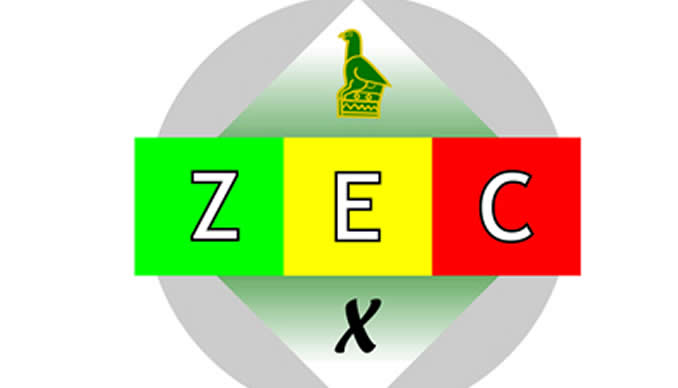
THE 2020 national budget underfunding will affect operations of Chapter 12 commissions, particularly the Zimbabwe Electoral Commission (Zec)’s plans to delimit ward and constituency boundaries as well as upgrade its data centre.
BY VENERANDA LANGA
Zec asked for a 2020 budget of $178,4 million from Treasury, but only $91,2 million was allocated to the electoral body.
A report by the Parliamentary Portfolio Committee on Justice on the 2020 national budget which was presented in the National Assembly said that the Zec budgetary allocation would only be sufficient for preliminary delimitation. “Zec put in place a bid of $178,4 million and Treasury was able to allocate $91,2 leaving a negative variance of 49%,” the Justice Committee report read.
“In light of the appropriated $91,2 million, only preliminary delimitation would commence.”
Zec also bid for $43,7 million for an inclusive voters’ roll data centre upgrade, but only $14,4 million was allocated.
“Securing own premises for Zec remains a pipedream. Having own building structures will result in Zec having total control of stored election material. Currently, election material is stored in some government buildings to which Zec does not have the right of access as and when they wish,” the Justice Portfolio Committee said.
It added that funds must be made available to Zec to upgrade the data centre server so that it accommodates more than seven million registered voters.
- Chamisa under fire over US$120K donation
- Mavhunga puts DeMbare into Chibuku quarterfinals
- Pension funds bet on Cabora Bassa oilfields
- Councils defy govt fire tender directive
Keep Reading
A total of $4,6 million is required for the upgrade of the data centre to take in seven million voters. At present, the voter population is 5,6 million.
“With delimitation of constituency and ward boundaries now linked to the National Census due in 2022, Zec said it would be impossible to do delimitation since preliminary results will only be available in February 2023. This state of affairs may result in 2023 harmonised elections going ahead without delimitation,” the Justice Committee said.
The Zimbabwe Anti-Corruption Commission (Zacc), also mounted a bid of $100 million, but Treasury was able to appropriate only $71,55 million, resulting in a negative variance of 28%.
“A bid of $20 million was placed with the hope of recruiting new staff in line with decentralisation as well as improve remuneration of Zacc staff. In terms of recruitment, Zacc intends to beef up staffing in Bulawayo as there is only one officer resident there.
“Currently, all investigations in the country are being conducted from Harare, and this is proving to pose serious logistical challenges,” the committee said.
Parliament recommended that Treasury should adequately resource Zacc for it to improve remuneration of corruption investigation officers from $700 to a minimum of $5 000 per month.
They said Zimbabwe was not showing seriousness in combating graft as there are only 34 investigators in the country for a population of 15 million, compared to Botswana which has 316 investigators for a country of just over two million.
The report also revealed that plans by the National Peace and Reconciliation Commission to conclude Gukurahundi investigations might again be scuttled by underfunding.
The ZHRC proposed a bid of $38,4 million in the 2020 national budget, but was only allocated $26,6 million by Treasury, resulting in a negative variance of 22%.
“The commission’s proposed budget was premised on the desire of the ZHRC to spread its operations into the country’s 10 provinces to adequately serve the nation,” the report read.
The Judicial Services Commission put in place a bid of $614,5 million, but Treasury was able to allocate it $328 million, leaving a negative variance of 47%.
The under-allocation will hamper the establishment of anti-corruption courts across the country, as well as ease of doing business in settling court cases.
The National Prosecution Authority (NPA) was only awarded $72 million when they requested $345,5 million, leaving a negative variance of 79%.
Its 2020 priorities include building public confidence regarding prosecutorial decisions, and capacitating its staff in recovering proceeds of corruption and crime. The NPA is said to be working in dilapidated buildings that are scantily equipped and furnished.











